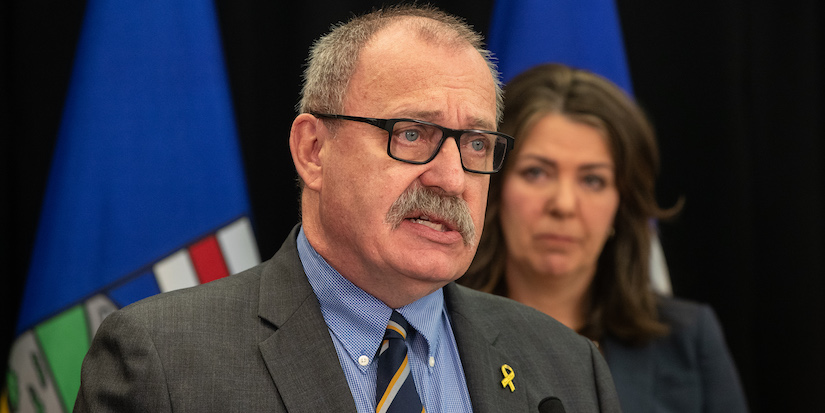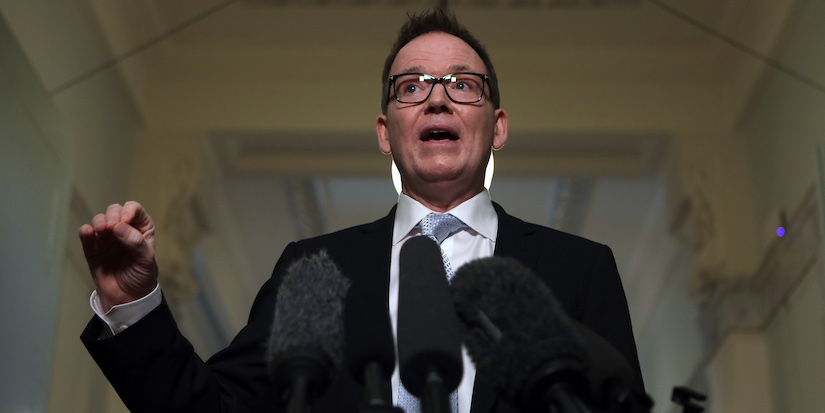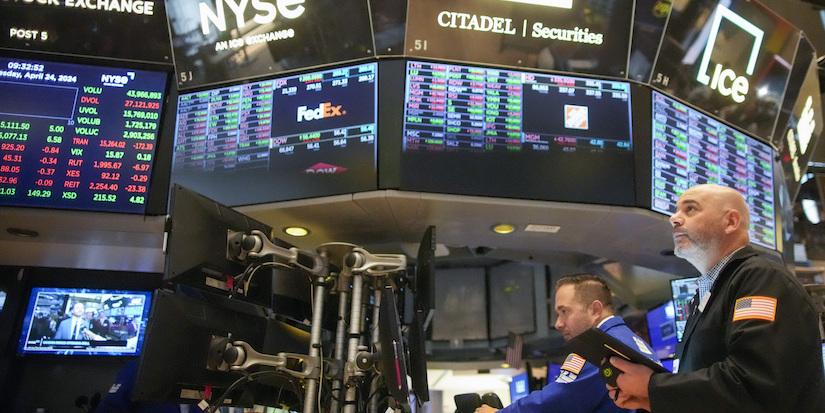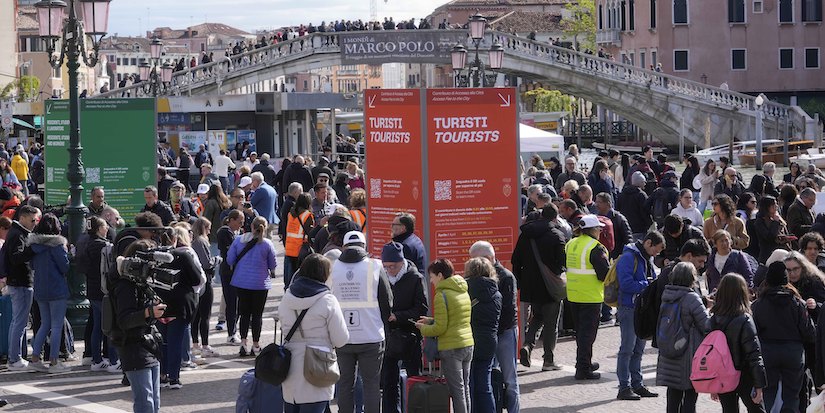Latest News
B.C. to shorten COVID-19 vaccine dose interval to eight weeks

By Hannah Scott, Local Journalism Initiative reporter
Published 3:35 PDT, Thu May 27, 2021
—
Most people in B.C. will be able to get the second dose of their COVID-19 vaccine around eight weeks after their first dose.
Provincial health officer Dr. Bonnie Henry made the announcement today, saying there are sufficient confirmed deliveries of Pfizer and Moderna vaccines that the province can move up the interval.
“The second dose is both protection for you and added protection for us as a community,” said Henry. “The second booster dose is important for your own individual protection. It ensures that you have maximum protection for the maximum amount of time. The booster dose builds on the antibodies and the cell response that you get from your first dose, and provides more durable and longer-lasting protection, so second doses are incredibly important for all of us.”
Those who are most at risk will receive their second doses first, including seniors and Elders, Indigenous people, and those identified as clinically extremely vulnerable. About 400,000 people over age 70, or who are clinically extremely vulnerable, will receive invitations to book their second dose today.
The National Advisory Committee on Immunization has updated its guidance to say that it’s safe to have a second dose that is the same type of vaccine, although not necessarily the same manufacturer. For example, if someone received a Moderna vaccine as their first dose, they may receive a Pfizer vaccine as their second dose, since both are messenger RNA (mRNA) vaccines.
Due to delivery challenges with the Moderna vaccine, some people in B.C. who received that as their first dose may be offered Pfizer as their second dose.
For those who received AstraZeneca as their first vaccine, they will be able to receive the same vaccine as their second dose if they prefer that. Henry said by the end of next week, the province will provide more information about options for people who received AstraZeneca as their first dose.
Henry said indoor faith services can now resume with up to 50 people, as long as detailed COVID-19 safety plans are in place. As well, overnight camps for children and youth can happen this summer with more details to come next week.
Henry also reported 378 new cases of COVID-19 today. Since the pandemic began, B.C. has recorded 143,264 cases.
Of the new cases, 98 are in the Vancouver Coastal Health region (including Richmond), 189 in the Fraser Health region, nine in the Island Health region, 68 in the Interior Health region and 14 in the Northern Health region.
There are 3,543 active cases of COVID-19 in B.C. and 286 of those people are hospitalized, 88 of whom are in intensive care. Hospitalizations are down by 10 and intensive care admissions down by nine since yesterday.
To date, 3,032,811 doses of Pfizer-BioNTech, Moderna and AstraZeneca-SII COVID-19 vaccines have been administered in B.C.; 156,730 of those are second doses. This means 65.8 per cent of B.C. adults aged 18-plus, or 62 per cent of all eligible British Columbians (aged 12-plus) have received at least one dose.
Sadly, there were seven new virus-related deaths reported today, bringing that total to 1,690. Henry said of the seven people who died, one was in their 60s, three in their 70s and three over age 80.
Active outbreaks continue at four long-term care, assisted living and independent living facilities and two acute care facilities, including Richmond Hospital.
For the latest medical updates, including case counts, prevention, risks and to find a testing centre near you: http://www.bccdc.ca/ or follow @CDCofBC on Twitter.































